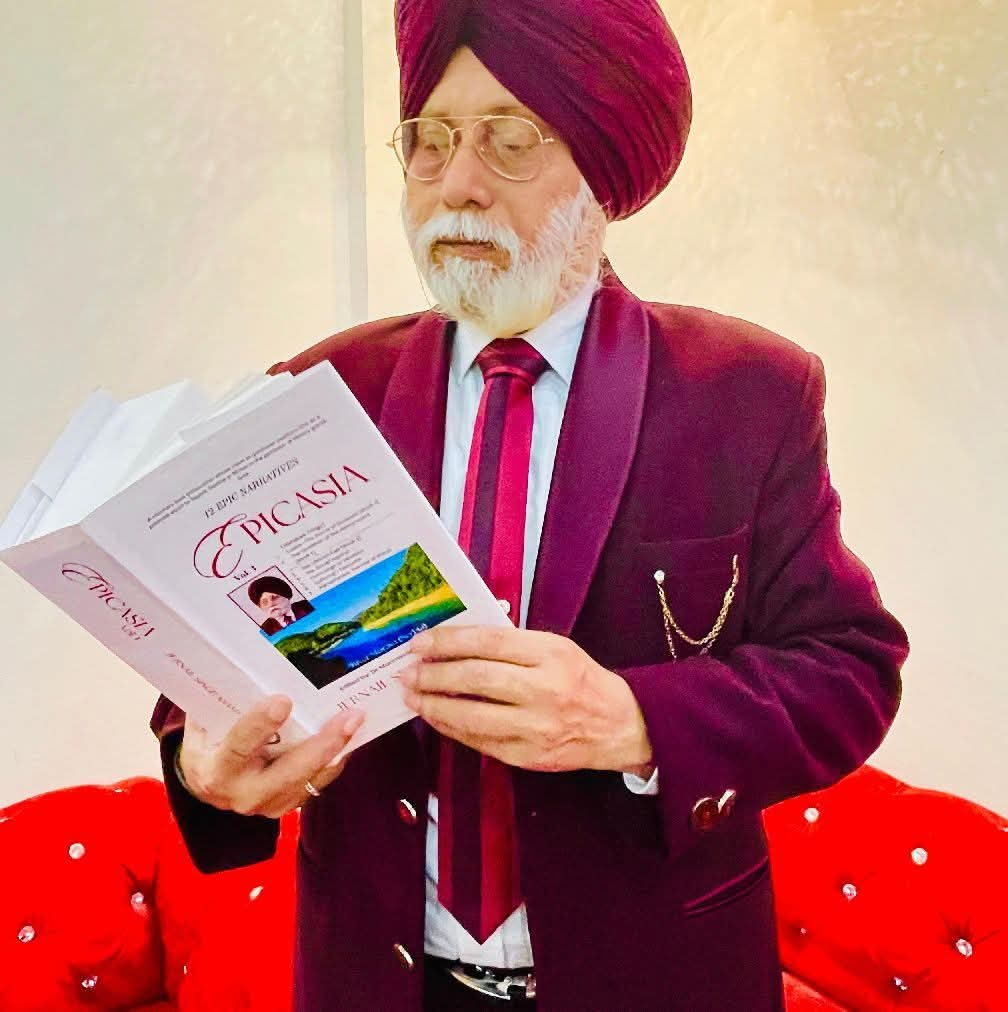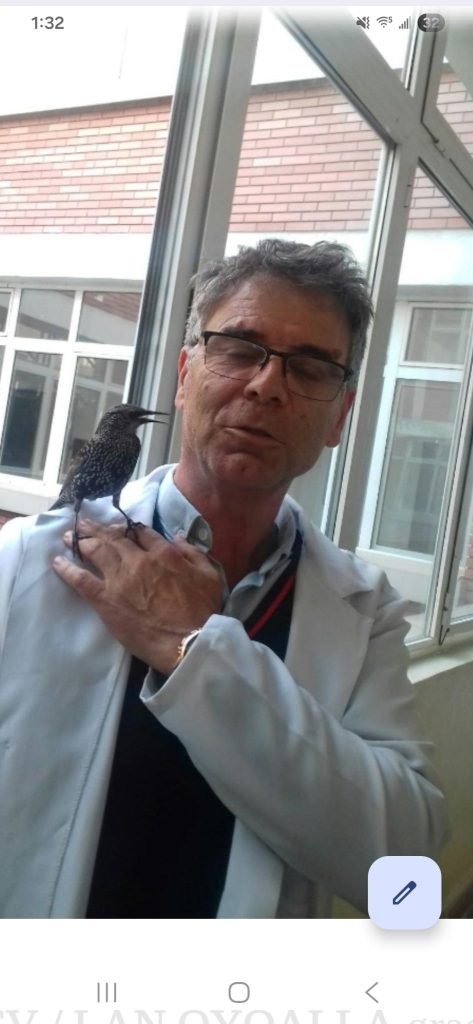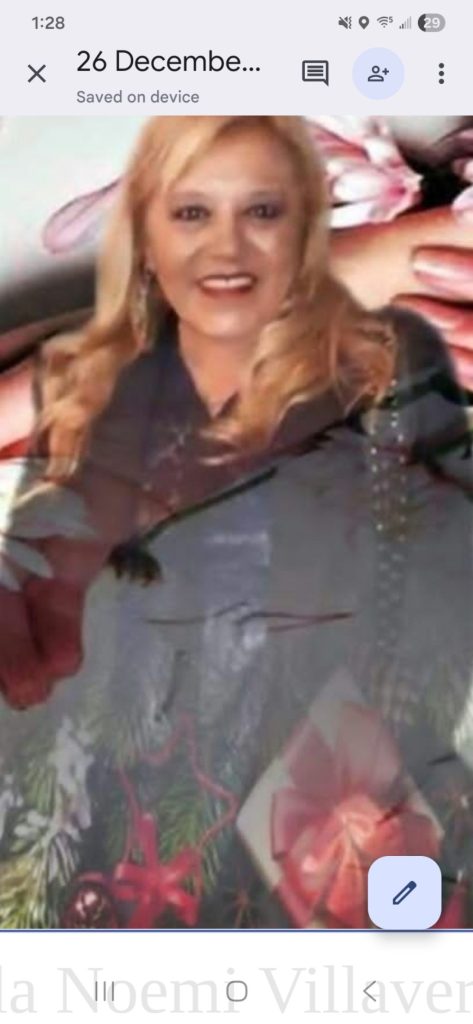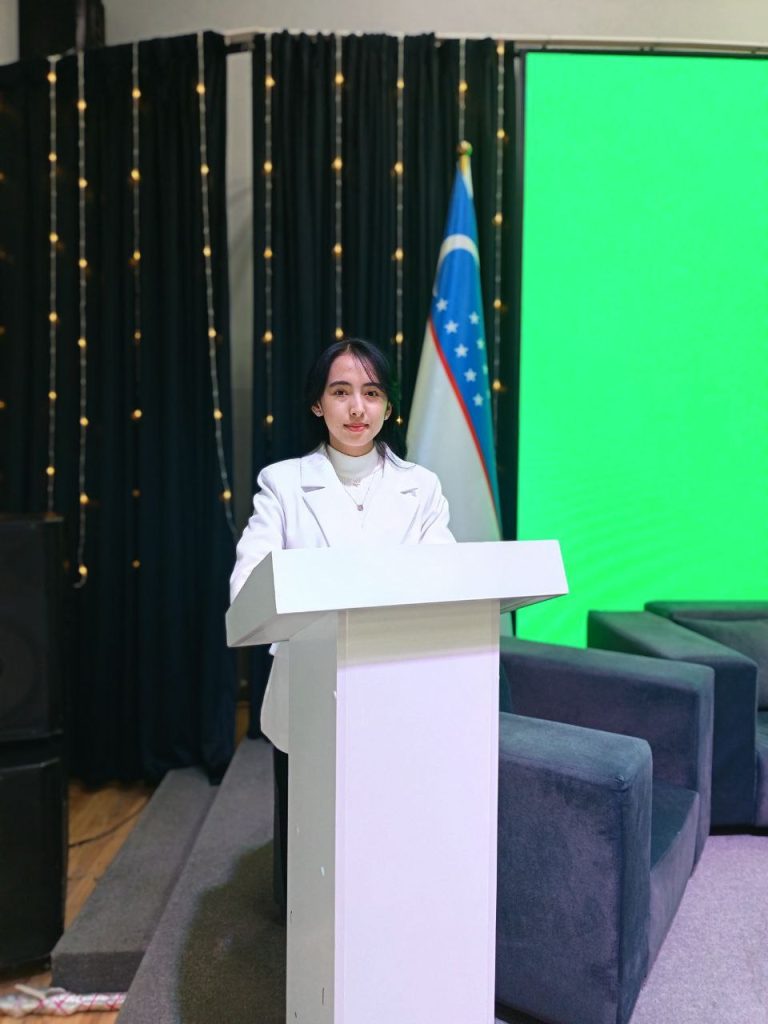
YOUR SINS WILL FIND YOU OUT
Dr Jernail S. Anand
The forces of nemesis, and the furies, are moving around, looking for moral blemishes, and they spare neither the individual nor the society. -Anand
Bible says: Your sins will find your out. I think it applies to men as individuals, and the society as a whole.
As civilized human beings, we have set up courts to ensure justice to the aggrieved, and punishment to the aggressors who violate the laws of the country. Jails are overflowing with criminals undergoing sentences. Justice, it is said, is often delayed, and sometimes, entirely miscarried. Of late, justice eludes people due to interventions from the above, and what we come across is a jumbled face of a society which cannot recognize itself.
However, when it comes to the divine court, there are no chances of justice going astray. It may appear to be delayed, but it is definitely delivered. While human courts take cognizance of the crimes which are reported, the supreme court of gods has a sprawling campus, and it works suo moto, and does not like excess of any kind. They carry all the data of these people with them and sometimes they punish them there and then, but most of the times, they wait for the appropriate moment. But one thing can be said with conviction. No advocate, however pricey, can waylay the this court. No crooked wisdom can delay justice. The system is entirely blameless. Angels carry data which is up to date, and they act unbiased like machines which are innocent by all means, if there is any one to blame, it is man who operates them.
As in human courts, parameters regarding crime and their punishment exist in divine courts also. They fix the crime of the person, and then, award him the punishment he deserves. Only this roster is not made public. As generally believed, our judgement proceedings do not start after our death. Operation scan is going on all the time. We are under the gaze of the angels. While human laws get into action when some crime has been committed, the divine court takes cognizance
of what you think, what you feel, and then, finally, what you act.
Societies are Judged as a whole
It is all about your ‘Karma’. Lord Krishna was right when he laid stress on human action which is finally considered by gods and on the basis of which, you are granted heaven or hell. Gurbani also talks of life as a ‘karma Sandra khet’ i.e. a field where your actions matter. Lord Krishna tells Arjuna that men have the power over their action only. Not on the reverberations of that act. In fact, here the Newton’s third law of an action having an equal and opposite reaction also comes into the dock, because, that may be true in a physical world, but in the metaphysical world, you don’t know what will happen to your action and how gods will react to it.
Moreover, there are thousand wrong passions doing the rounds of our blood, a thousand things which we cannot do, because of fear of the law, we are always mentally busy with things which civil society does not allow, how does that impact our score in life? There are so many people who are doing wrong things, yet they are not detected, because they are not visible to the law. How are they to be accounted for?
No doubt, we matter to the cosmos as individuals. We have a dedicated account with gods. The reason is our birth is individualized. Even in our death, we die individuals, though it may be a collective grave, as the drowning of a Titanic. But, in addition to being an individual, we are part of a society.
Unified View of Society
Who is there that takes a unified view of the people as a whole? Gods who are on mision spy, take stock of the way people behave, and then take decisions about their collective destiny. I can elaborate it by quoting the example of Guru Nanak Dev Ji’s great writing ‘Babarwani’ in which he says that the tyrannical acts which Babur inflicted on the people of Hindustan could have been averted if the people had been wiser. Guru sahib says ‘Aape dos n deyee karta, Jam kar Mughal chadaya’ ie. the Mughal aggressed upon the people like a Yama, all because of their wrong deeds.
Thus, when a society fails in its morals, when people as a whole become corrupt, when people stop taking interest in good, when good deeds go unrewarded, and the murders, rapes, and evil mongers take the main space, when the society is ruled by the corrupt, and when the poor are pushed to the edge, the society as a whole is ripe for divine retribution.
The forces of the nemesis, and the furies, are moving around, looking for moral blemishes, and they spare neither individual nor the society. A layman once stopped an angel in a dream and asked, what is the punishment for people who do not stand for their rights? Pat came the reply. “Hitler. Nero. Mussolini…and….” when the angel was going to name a few more people, the man woke up from his sleep, sweating.
Dr. Jernail Singh Anand, with an opus of 190 books, is Laureate of the Seneca, Charter of Morava, Franz Kafka and Maxim Gorky awards. His name adorns the Poets’ Rock in Serbia. Anand is a towering literary figure whose work embodies a rare fusion of creativity, intellect, and moral vision who heads the International Academy of Ethics.




